Inner Game: How to build emotional health
-

Emotional Support Bot helps you with personal growth
Welcome to a space where your quest for personal growth meets an ally. We are pleased to introduce our custom AI chatbot, designed to assist you on your journey of emotional development and self-discovery. This AI companion isn’t a heartless robot — it’s a mindful creation, intended to nurture your journey towards inner peace and…
-
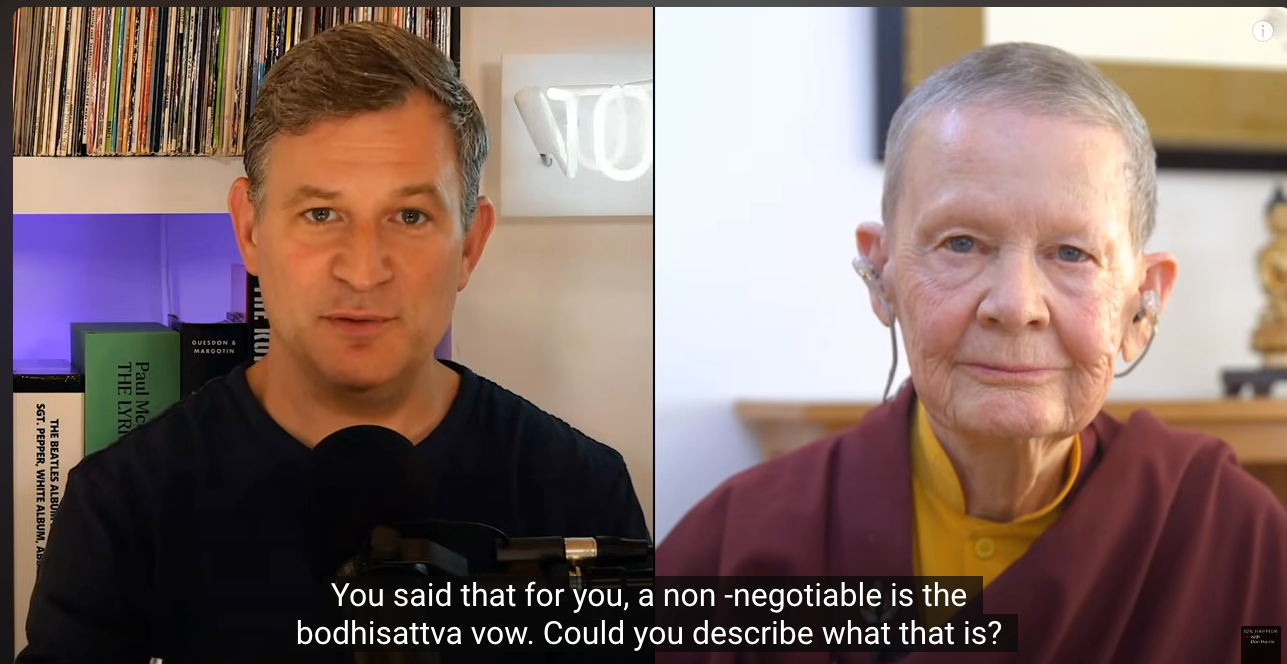
Pema Chodron on Non-Negotiable Compassion
Key Insights from Pema Chödrön on Non-Negotiable Compassion In a thoughtful conversation with 10% Happier host Dan Harris, Buddhist nun Pema Chödrön shared profound insights about compassion and navigating difficult relationships. We also learn about the beloved spiritual teacher’s concept of “non-negotiable compassion”. Here are the main takeaways: The Bodhisattva Vow Dealing with Difficult People…
-

What is mindfulness?
Mindfulness, an ancient practice with roots in Buddhist traditions, has found a significant place in modern psychology and wellness paradigms. It’s a practice of maintaining a moment-by-moment awareness of our thoughts, feelings, bodily sensations, and surrounding environment with a gentle, nurturing lens. What is mindfulness? By adopting a stance of curiosity rather than judgment, mindfulness…
-
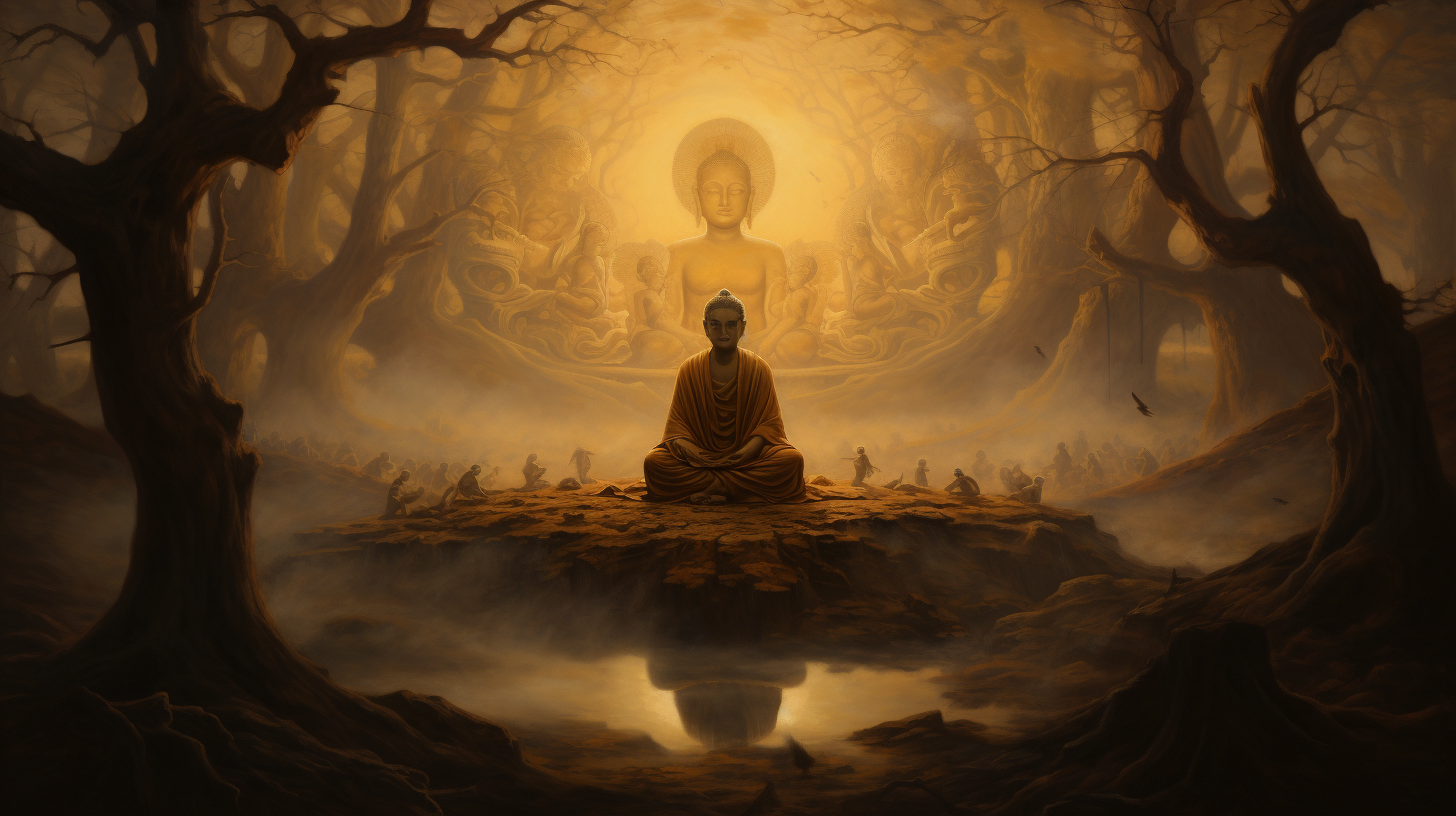
What is a Near Enemy?
The concept of the “near enemy” in Buddhism is a fascinating and insightful aspect of Buddhist philosophy that delves into the subtle nuances of human emotions and states of mind. This concept helps to differentiate between genuine wholesome mental states and their seemingly similar, but ultimately unwholesome, counterparts. Understanding the near enemies is crucial for…
-

Transcending Challenge and Difficulty: A Guide to Personal Growth
The Art of Embracing Difficulty Life is a series of challenges, some more daunting than others. While the instinctual reaction may be to avoid difficulty, there is a counterintuitive truth to consider: challenge and difficulty are good for us. They serve as the crucible in which our character is formed and our skills are honed.…
-
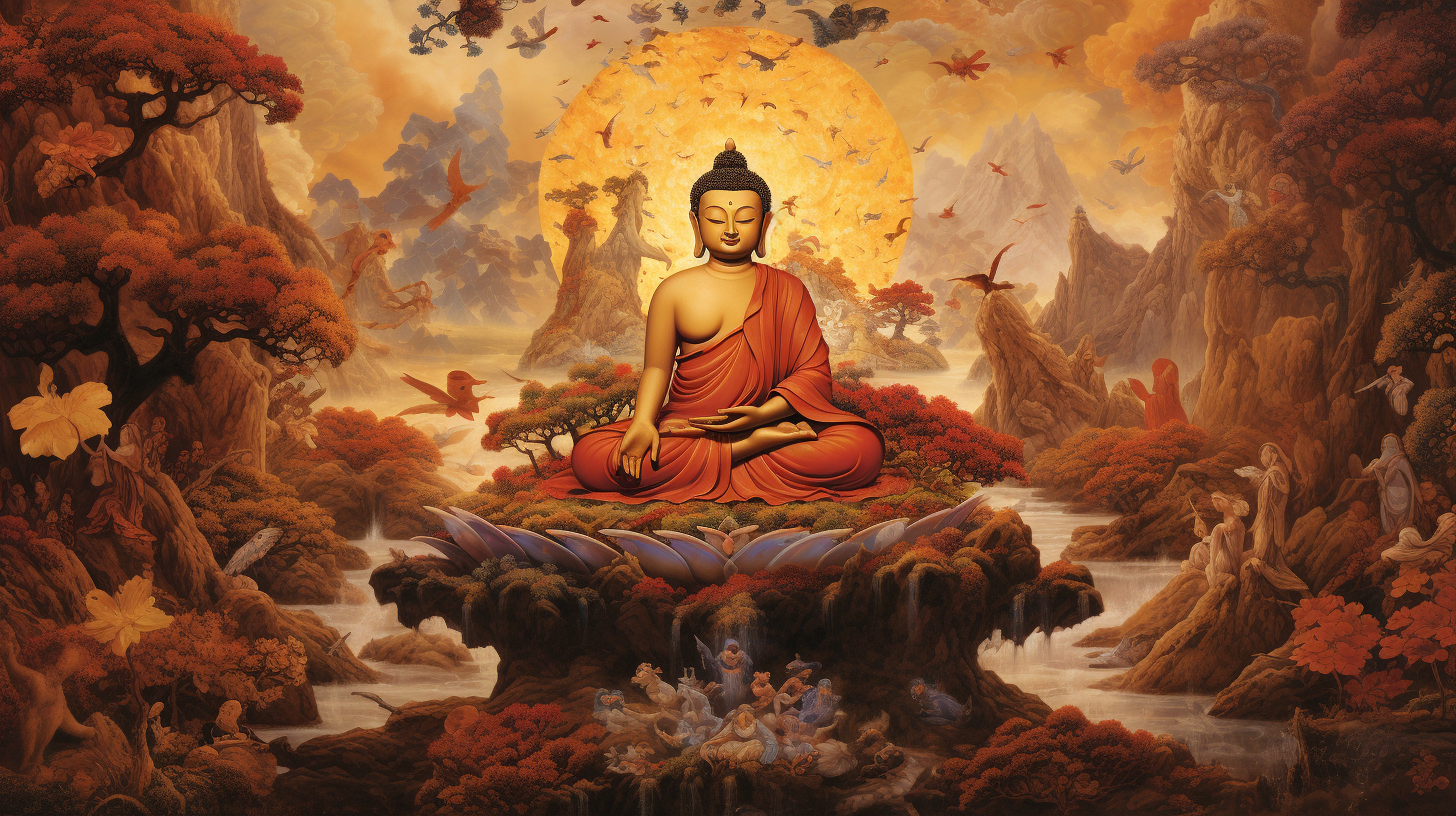
What is Basic Goodness?
The concept of Basic Goodness is a fundamental principle in Shambhala Buddhism. It refers to the inherent and primordial nature of human beings, which is seen as pure, awake, and compassionate. This intrinsic nature is not something that needs to be improved or developed; rather, it is always present and can be discovered through meditation…
-
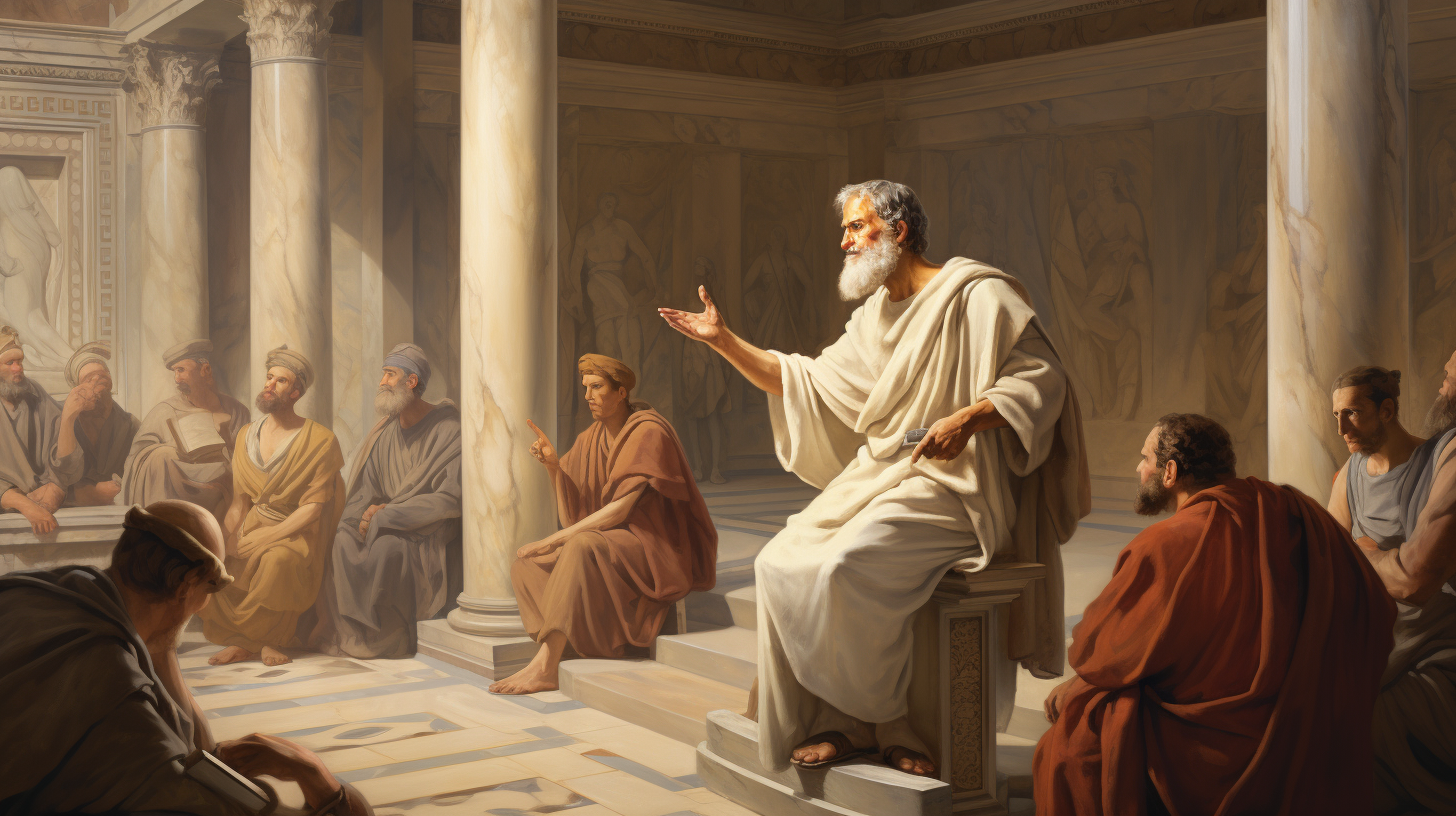
50 Stoic Quotes from Epictetus
Epictetus (circa 50 AD – 135 AD) was a Greek Stoic philosopher born into slavery in Hierapolis, Phrygia, present-day Turkey. Despite his early life in bondage, he studied Stoic philosophy, which shaped his later teachings — including these Stoic quotes. His teachings emphasized philosophy as a way of life, personal responsibility, and self-discipline. Epictetus’s influence…
-

Longing for sacredness
In the Shambhala tradition, the spiritual warrior feels a kind of perennial sadness known as longing — a deep desire for the feeling of sacredness. Feeling sadness and joy at the same time is the goal — “like sweet-and-sour pork” said Chogyam Trungpa Rinpoche, or saudade in Brazil. The recognition of this sadness in all…
-
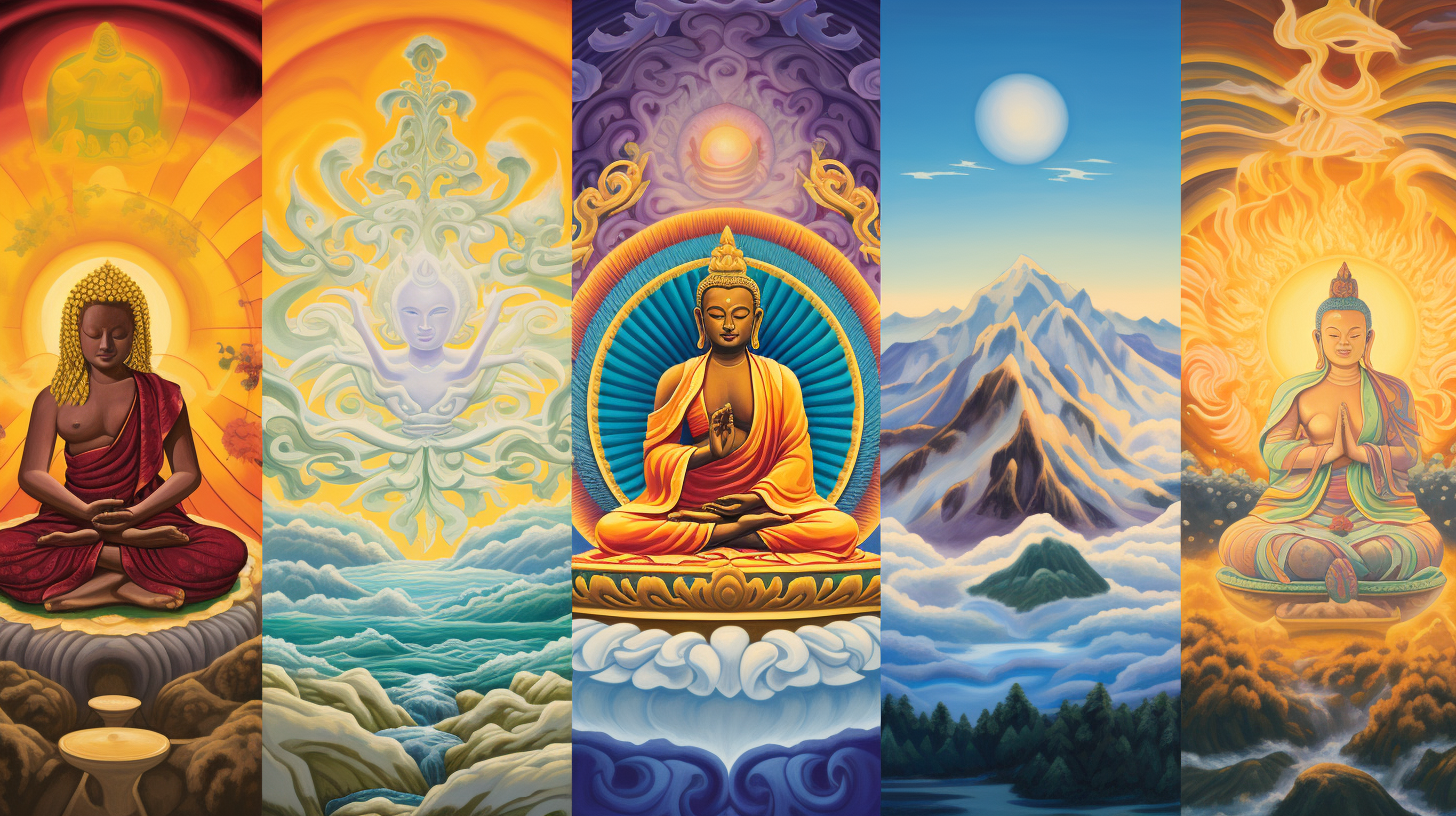
What is Shambhala Buddhism?
Shambhala Buddhism is a modern spiritual tradition that blends the teachings of Tibetan Buddhism with principles of mindfulness, meditation, and creating an enlightened society. It was introduced in the West by Chögyam Trungpa Rinpoche, a Tibetan Buddhist teacher, in the early 1970s. The word “Shambhala” comes from ancient Indian and Tibetan texts and refers to…
-

Life is short
Life is short; life moves pretty fast. You could miss it. Savor the moment — for the moment is all we have. The past is the past — it is gone and cannot ever be relived. The future is yet to come — we cannot access it in this moment. Thus, now is all we…
Other places
- Doctor Paradox — politics, history, psychology, economics et al
- Doctor Paradox Foundations — a further exploration of the same from first principles
- Live Mind — technology, AI, media, information, productivity